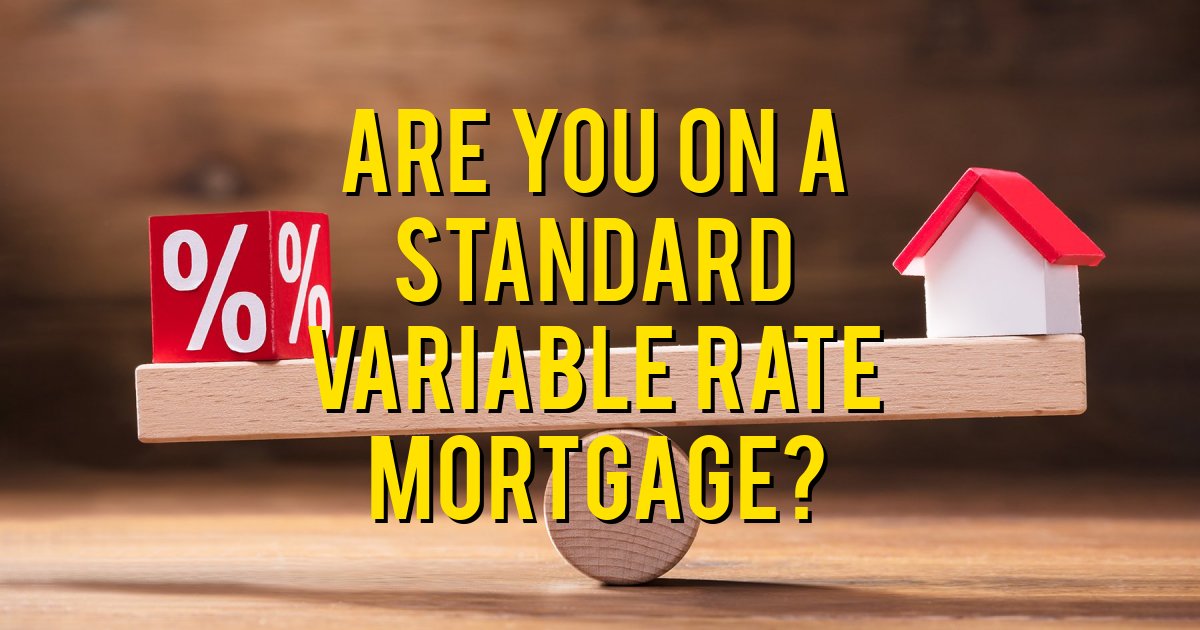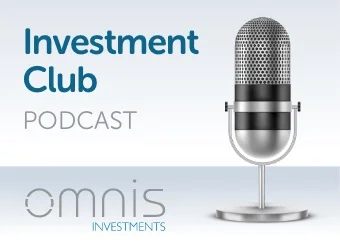Should I stay on a Standard Variable Rate Mortgage?
Thursday 28 July, 2022
When you are thinking about a remortgage, Standard Variable Rate mortgages (SVR) have both positives and negatives to consider. If you are unsure about the implications of moving to a Standard Variable Rate, you should arrange an initial discussion with a professional mortgage adviser. A mortgage broker will provide advice to help you to understand what will happen to your monthly mortgage payments if you move to a SVR or alternatively, remortgage to a new mortgage product.
Research highlights that 27% of home owners with mortgages are currently on their lender’s Standard Variable Rate.
Richard Rushworth, Mortgage Broker and Protection Adviser in Brentwood, Essex and Hertford, Hertfordshire, reviews the positives and negatives of Standard Variable Rate mortgages.
What is a Standard Variable Rate mortgage?
A Standard Variable Rate mortgage is a loan with an interest rate set by the lender. The lender sets the standard variable rate themselves, raising or lowering the rate when they choose, often as a result of their own cost of borrowing.
A Standard Variable Rate mortgage can be affected by changes the Bank of England make to the base interest rate, however SVRs do not follow above the base rate at any fixed percentage, so they do not have to strictly track it.
What are the benefits of a Standard Variable Rate mortgage?
The main benefit of staying on a lender’s SVR is that there are often no early repayment charges. Frequently if you have a fixed-rate, variable or tracker mortgage, there will be a charge should you want to overpay more than the product’s allowance. This charge can be significant – on occasion it can be up to 5% of the overpayment.
This repayment charge does not normally apply to an SVR mortgage. This results in giving you the flexibility either to remortgage, overpay, or pay off the remaining balance of the mortgage early.
It is also worth noting that Standard Variable Rate mortgages tend to have lower fees than other mortgage options. In fact, some lenders won’t charge any fees at all, which means you can save money upfront when compared to a fixed, tracker or variable mortgage.
There is also the benefit that, as the rate is variable, the rate can go down as well as up. This is, however, entirely at the discretion of the lender.
Some financial conditions lend themselves to home owners staying on the SVR for longer than they otherwise would be advised to. The 2007-2009 financial crisis saw the reduction of the bank base rate to 0.5%. This created a buyers’ market for mortgages, the cost of borrowing was low and therefore the move from the best mortgage products to the SVR narrowed.
The subsequent years saw a number of home owners move to the Standard Variable Rate rather than remortgaging to a new mortgage product, providing them with flexibility.
What are the negatives of a Standard Variable Rate mortgage?
Despite having lower arrangement fees and flexibility, it is likely that you will be on a higher interest rate when compared to other mortgage products. This higher rate can make a significant difference, especially with a loan the size of the average mortgage. So, you will be paying more per month than with, for example, a fixed rate mortgage.
Currently, thousands of home owners may be paying an average of £4080 additional interest each year by staying on their bank’s Standard Variable Rate.
Standard Variable Rate mortgages can also be unpredictable with regards to how much you will be paying each month. This is because the lender can raise or lower the interest rate without warning. This unpredictability in payments can make it very difficult to budget accurately for the future.
It is also worth noting that, if the Bank of England decides to lower the base rate, your lender has no requirement to lower its Standard Variable Rate.
If you are weighing up whether to stay on a Standard Variable Rate mortgage, move to a standard variable rate when an existing product ends, or remortgage to a different product, Thomas Oliver are on hand to help advise which mortgage option best fits your personal situation.
Brentwood and Hertford Mortgage Broker, Richard Rushworth is a remortgage specialist. Richard can provide specific advice should you be considering moving to the Standard Variable Rate of your current mortgage provider.






